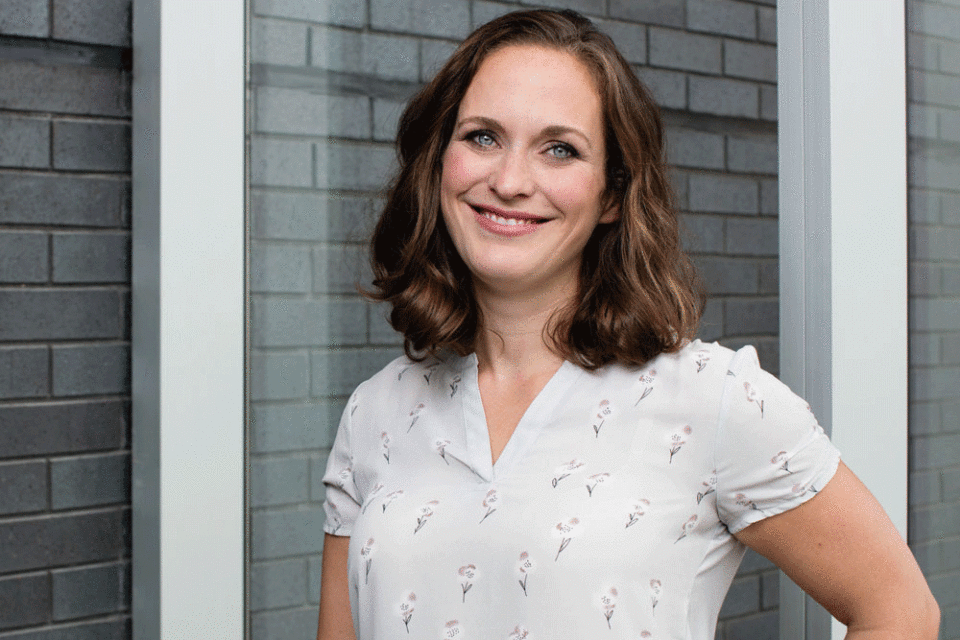Age: 34
Job title: Assistant Professor, Department of Radiology, University of Calgary
Why she’s a 2016 Top 40:
Lebel has transformed the MRI scanning experience for preschool-aged children at the Alberta Children’s Hospital, allowing her to collect one of the largest samples of brain MRI data from this group in the world.
Lying motionless inside a noisy machine for an extended period of time isn’t easy for anyone, never mind a high-energy preschooler. It’s one of the key reasons why this age group is understudied when it comes to brain development, a field that relies heavily on magnetic resonance imaging (MRI), which requires the patient to remain still for 20 to 45 minutes. Since the use of anesthesia presents risks and ethical problems when it comes to research, obtaining MRI data for this demographic has proven to be challenging.
That is, unless the MRI is being done in Catherine Lebel’s lab at the Alberta Children’s Hospital (ACH). Lebel, an assistant professor in the department of radiology at the University of Calgary, and her team transformed the MRI experience into a space journey, complete with spaceship facade and children’s book. The approach has allowed them to gather one of the largest samples of preschooler MRI data in the world, which is used to research both the brain development of healthy children, as well as atypical children who exhibit developmental disorders.
“My work to date has had a big impact in the research world by detailing normal brain development,” Lebel says. “It has laid the foundation for myself and other people to study these disorders.”
Since 2013, Lebel has received just under $2 million in funding for innovations such as a mock scanner and imaging software that reduces noise and corrects for motion. This software makes ACH unique in Canada for research and clinical imaging.
Lebel works with the First 2000 Days Network, a group of professionals focused on a child’s first 2,000 days of brain development, assisting them in creating an infographic illustrating how maternal depressive symptoms impact a child’s brain structure, and demonstrating the need to support mothers’ mental health during pregnancy.
With three children under the age of four, Lebel’s research comes with a parent’s perspective, something she says helps her relate to the families she encounters in her lab. “I love the work, I like the technical aspect of it, I like the psychology aspect of it, I like the biology. I like that it fits a little bit of everything together,” she says. “Ultimately, I do it because I think we can help kids do better and reach their potential.” – Fraser Tripp

